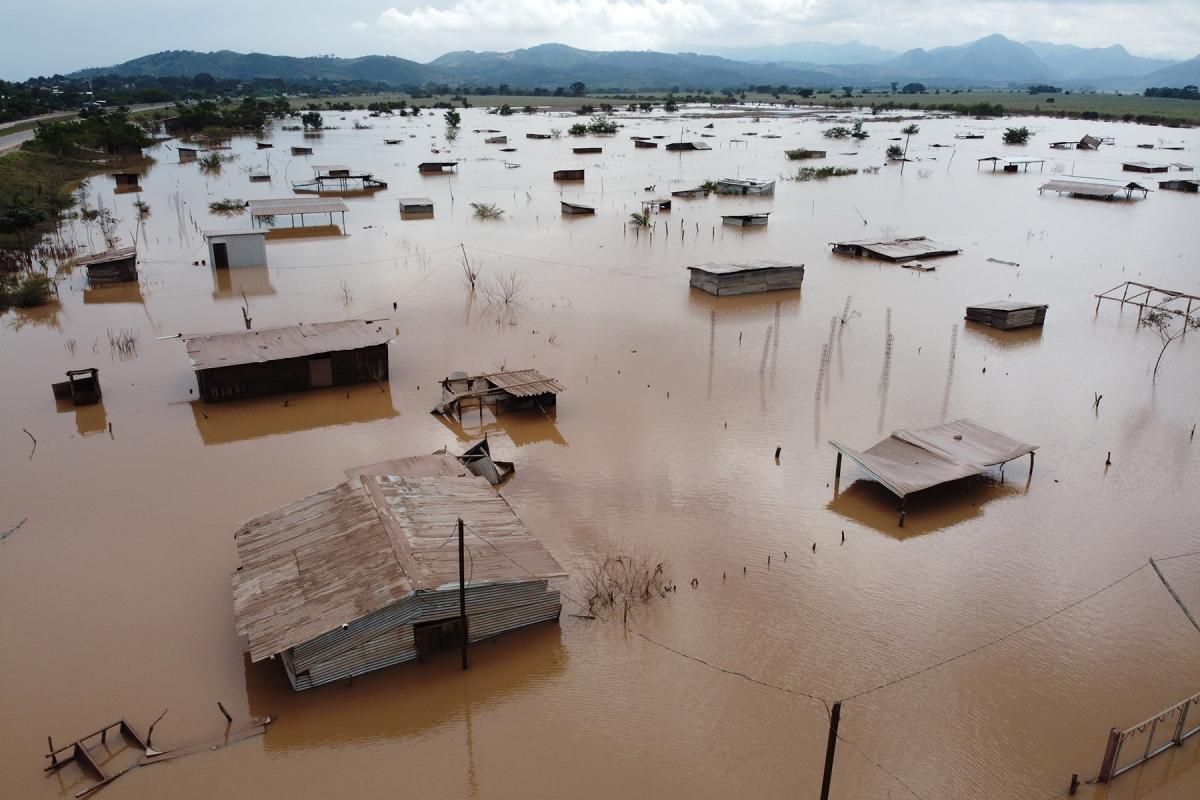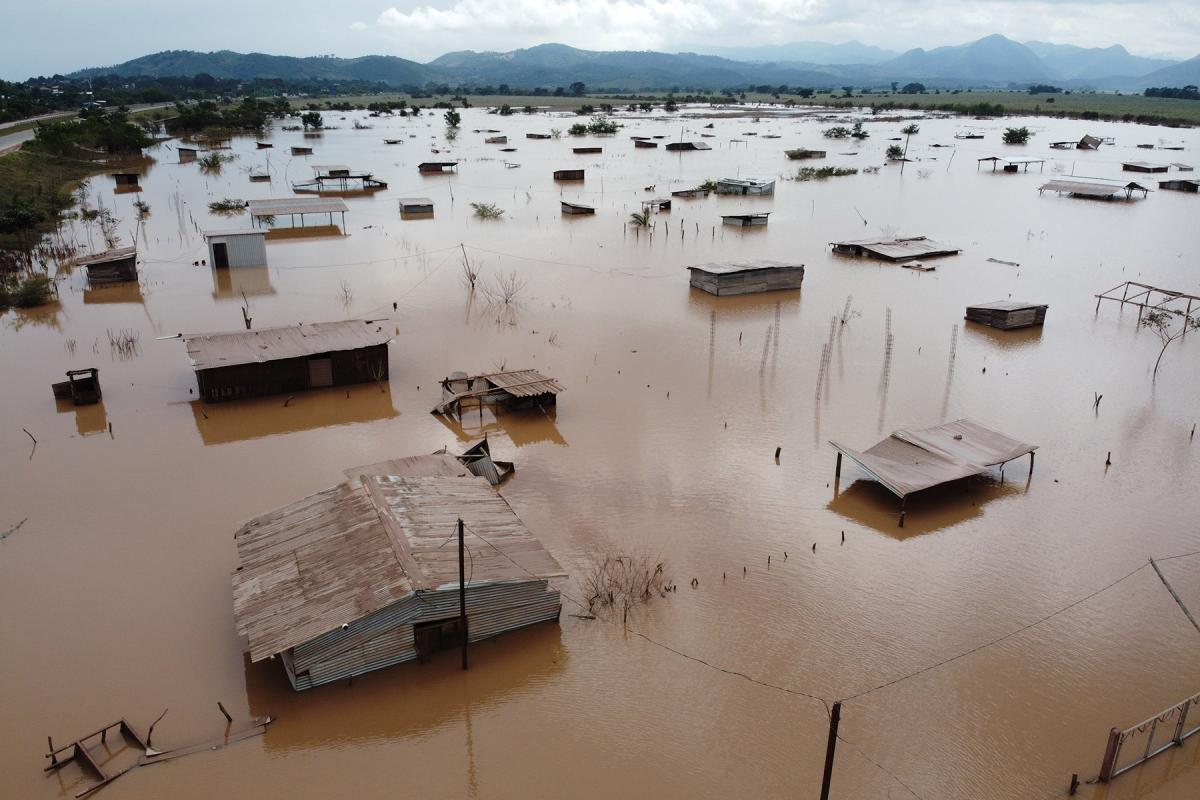Kenya Electricity Generating Company PLC (KenGen) has made a considerable contribution towards curbing the effects of Climate Change.
KenGen’s efforts have continued to dominate global headlines, with world leaders urging for quick action to stem the effects of climate change.
Even as the world calls for urgent action, Africa continues to suffer the worst of the impacts of climate change including droughts, floods, locusts, and pest invasions.

Speaking at the Leaders’ Summit on Climate which was held via video conference on April 22nd, 2021, head of African Development Bank Group (AfDB), Mr. Akinwumi Adesina said the Continent was the worst hit and that the financial institution had set aside $25 billion to climate finance over the next four years.
The ongoing trends across the world demand for concerted effort to fight against climate change, and conserve nature, an expectation that places the challenge at the doorstep of Governments, institutions, corporate organizations, and individuals.
Below are some of the ways in which organizations can play a role in environmental conservation and in the process reduce the effects of climate change.
Planting More Trees
We all know that population growth and human activities have been a major catalyst to the receding amount of forest coverage. With the country experiencing long and short rains in different periods of the year, it is paramount to have more trees planted.
With regards to efforts geared towards increasing the country’s forest coverage, Kenya Electricity Generating Company PLC (KenGen) has made a considerable contribution. At Ngong Forest, for instance, the KenGen has planted about 7,000 indigenous trees on the forest’s 10 acres.
In addition to this, the company has since 2014 distributed a total of 1,658,655 tree seedlings to communities. This has greatly supported efforts towards balancing the ecosystem in areas around where the company is undertaking power generation activities.
That said, it is important to stress that increasing the number of trees in the country is a priority for the Government and other like-minded institutions. This is therefore one of the ways to boost plans by the Government to plant 2 billion trees by 2022 to enhance the country’s forest cover and reclaim 5.1million Ha of the degraded landscape.
Exploring Partnerships on Environmental Conservation
The fifth session of the UN Environment Assembly’s theme: “Strengthening Actions for Nature to Achieve the Sustainable Development Goals” called for more efforts by individuals and organizations towards safeguarding the future. And, this is doable if organizations collaborate to make it happen.
In this regard, between 2015 to 2020, KenGen partnered with Bamburi Cement Limited to execute the Green Initiative Challenge (GIC) for primary and secondary schools, an initiative that has led to the distribution of over 150,000 seedlings in more than 500 schools in Kitui, Machakos, and Embu County. This move has supported the creation of a sustainable environment.
Even as Governments, institutions, corporate organizations continue to plant trees, the biggest task remains to safeguard these trees. This requires the establishment of ways of ensuring high survival rates for the trees which in the long run help in protecting the environment.
Also of importance is ensuring environmental conservation efforts are embraced by all. This will go a long way in nurturing a culture of environmentalists who eventually transition to become advocates in their communities.
Implementing the 17 SDG Goals Collectively
Even with tree planting, it is important for organizations to adopt Sustainable Development Goals (SDGs) and work towards achieving them. These goals or targets adopted in 2015 by the United Nations Member States should not seem far off and a concern for a few.
We should all work towards achieving them to end poverty, protect the planet and ensure that all people enjoy peace and prosperity by 2030. Ultimately, these goals will lead the world towards a safer path while ensuring sustainable communities.




















